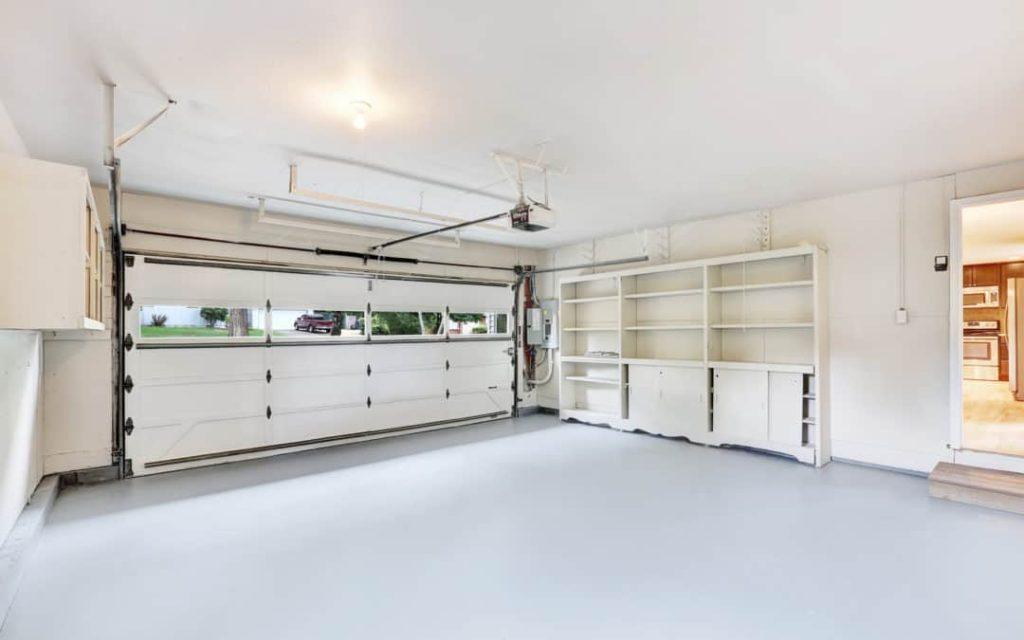When your garage door becomes uncooperative, emitting mysterious noises but refusing to budge, it can be a frustrating experience. In this comprehensive guide, we’ll delve into the common issue of a “Liftmaster Garage Door That Makes Noise But Won’t Open.” Discover the potential reasons behind this problem and explore effective troubleshooting tips to get your garage door back on track.

Introduction: Decoding the Dilemma of a Noisy Yet Immobile Garage Door
Dealing with a garage door that makes noise but refuses to open is more than just an inconvenience—it’s a dilemma that homeowners often find perplexing. In this article, we aim to unravel the mystery behind a “Liftmaster Garage Door That Makes Noise But Won’t Open,” providing insights into the potential causes and practical solutions for a swift resolution.
Common Culprits: Liftmaster Garage Door That Makes Noise But Won’t Open
Before diving into troubleshooting methods, it’s crucial to understand the common culprits behind a Liftmaster garage door that exhibits noise without the desired upward movement. By identifying these issues, you can tailor your approach to effectively address the root cause of the problem.
1. Misaligned Tracks: A Common Source of Disruption
Misaligned tracks are a frequent contributor to the dilemma of a noisy yet immobile garage door. When the tracks are not properly aligned, the rollers may encounter resistance, causing the door to make unsettling noises and impeding its smooth operation. Inspect the tracks for any deviations and realign them if necessary.
2. Issues with Garage Door Rollers: Overlooked but Vital Components
Worn-out or damaged garage door rollers can lead to both noise and operational problems. If the rollers are not rolling smoothly along the tracks, the door may emit grinding or scraping sounds. Examine the condition of the rollers, and replace any that show signs of wear and tear to restore proper functionality.
3. Tension Spring Problems: A Balancing Act
The tension springs of a garage door play a crucial role in its balance and movement. If a spring is broken or lacks proper tension, it can result in a noisy and uncooperative door. Exercise caution when dealing with tension springs, as they are under significant pressure. Consult a professional if you suspect spring-related issues.
4. Lubrication Woes: Silencing the Noise with Proper Maintenance
Inadequate lubrication can contribute to the noise emanating from your garage door. Components such as hinges, rollers, and tracks require regular lubrication to ensure smooth movement. Applying a silicone-based lubricant can help mitigate friction and reduce noise. Be cautious not to over-lubricate, as excess lubricant can attract dirt and debris.
5. Garage Door Opener Malfunctions: An Electrical Hitch
A malfunctioning garage door opener can also be a culprit when your Liftmaster garage door makes noise but won’t open. Check for issues such as faulty wiring, damaged sensors, or a malfunctioning motor. If the opener is the source of the problem, professional assistance may be required for repairs or replacement.
Troubleshooting Steps: Liftmaster Garage Door That Makes Noise But Won’t Open
Now that we’ve identified potential culprits, let’s explore practical troubleshooting steps to address the issue and restore functionality to your Liftmaster garage door.
1. Inspect and Align Tracks: A Visual Assessment
Begin by visually inspecting the tracks for any misalignments. Use a level to ensure that the tracks are perfectly aligned. If you notice deviations, gently tap the tracks back into place using a rubber mallet. Regularly checking and maintaining proper track alignment can prevent future operational issues.
2. Evaluate Garage Door Rollers: Roll with Smoothness
Examine the condition of the garage door rollers. If they appear worn or damaged, it’s time for replacement. Lubricate the rollers with a silicone-based lubricant to ensure smooth operation. Silent and well-maintained rollers contribute significantly to a quiet and responsive garage door.
3. Check Tension Springs: Balancing Act
Carefully inspect the tension springs for any signs of wear, rust, or breakage. If a spring is damaged, it’s advisable to replace it promptly. Adjusting tension springs can be a delicate task, and professional assistance is recommended to ensure proper balancing and prevent accidents.
4. Lubricate Moving Parts: Silencing the Squeaks
Apply a silicone-based lubricant to the moving parts of your garage door, including hinges, rollers, and tracks. This step reduces friction, minimizes noise, and promotes smoother operation. Regular lubrication should be part of your routine garage door maintenance to prevent future issues.
5. Test Garage Door Opener: Electrical Check
Conduct a thorough check of your garage door opener. Inspect the wiring, sensors, and motor for any visible issues. If you encounter problems beyond basic troubleshooting, seek the expertise of a professional garage door technician to diagnose and address electrical malfunctions.
When to Seek Professional Help: Knowing Your Limits
While many garage door issues can be resolved through DIY troubleshooting, certain situations warrant professional intervention. Consider seeking professional help in the following scenarios:
- Broken Tension Springs: Replacing or adjusting tension springs requires specialized knowledge and tools. Mishandling tension springs can lead to serious injuries.
- Motor or Opener Malfunctions: If issues persist with the garage door opener or motor after basic troubleshooting, it’s advisable to consult a professional technician for a comprehensive assessment.
- Structural or Track Damage: Extensive damage to the garage door structure or tracks may require professional repairs to ensure safe and reliable operation.
Conclusion: Restoring Harmony to Your Garage Door
In conclusion, when your Liftmaster garage door makes noise but won’t open, understanding the underlying issues and taking appropriate troubleshooting steps is key to resolving the problem. Regular maintenance, visual inspections, and prompt attention to emerging issues contribute to the longevity and smooth operation of your garage door. By following the guidelines outlined in this article, you can restore harmony to your garage door, ensuring it operates quietly and efficiently for years to come.



Leave a Reply